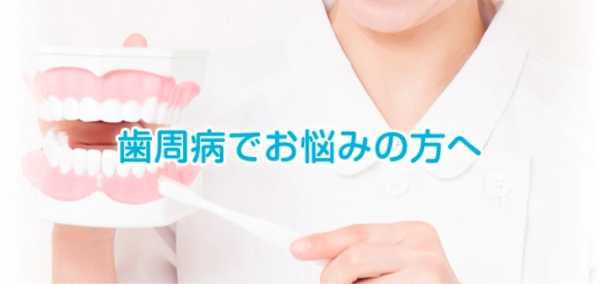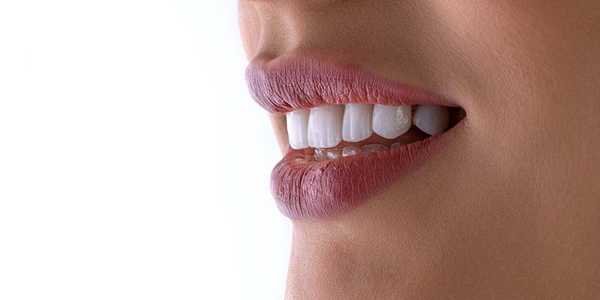放射線技師の求人ガイド|安心の職場でキャリアアップ
Eczema Relief: Effective Creams, Lotions, and Natural Remedies for Skin Soothing
Eczema, or atopic dermatitis, is a skin condition that causes irritation, dryness, and intense itching. It can appear at any age but is most common in young children.
Eczema, or atopic dermatitis, is a skin condition that causes irritation, dryness, and intense itching. It can appear at any age but is most common in young children.
While there is no cure for eczema, various treatments—including creams, lotions, and natural remedies—can help alleviate symptoms, reduce flare-ups, and restore skin health. This comprehensive guide offers insight into the most effective eczema treatments available, helping you choose the right solutions for your skin.

What is Eczema?
Eczema is a chronic inflammatory skin condition that causes the skin to become dry, red, and irritated. The exact cause remains unclear, but a combination of genetic and environmental factors contributes to the condition. People with eczema have a compromised skin barrier, making it easier for irritants, allergens, and microbes to cause inflammation and itching.
Common Symptoms of Eczema:
- Dry, flaky skin patches
- Red, inflamed areas
- Intense itching, often worse at night
- Thickened, cracked skin
- Skin infections due to scratching
Possible Triggers for Eczema Flare-Ups:
- Environmental allergens (dust mites, pollen)
- Harsh skincare products (soaps, detergents, fragrances)
- Stress and emotional changes
- Extreme temperatures (cold or dry air)
- Sweating or exposure to heat
Top Treatments for Eczema: Creams, Lotions, and Natural Remedies
The key to managing eczema is a consistent skincare routine that keeps the skin hydrated, reduces inflammation, and helps manage flare-ups. Below are the most effective treatment options for eczema.
1. Moisturizing Creams and Ointments
Keeping the skin well-moisturized is crucial for eczema management. Eczema-prone skin tends to lose moisture rapidly, which worsens dryness and itching. Applying thick creams or ointments can help seal in moisture and support the skin’s natural barrier.
Ideal Moisturizers for Eczema:
- Thick creams and ointments: These are better for eczema than lighter lotions, which can be too watery and less effective.
- Look for products with ingredients like ceramides, glycerin, and hyaluronic acid, which help restore moisture and protect the skin’s barrier.
Top Moisturizing Products for Eczema:
- CeraVe Moisturizing Cream: Packed with ceramides and hyaluronic acid, it helps repair the skin’s barrier while providing long-lasting hydration.
- Eucerin Eczema Relief Cream: Contains colloidal oatmeal and ceramide-3, which soothe irritated skin and relieve inflammation.
- Aquaphor Healing Ointment: This petroleum-based ointment creates a protective layer that locks in moisture and promotes skin healing.
- Vanicream Moisturizing Cream: Ideal for sensitive skin, this fragrance-free formula is free from common irritants like parabens and dyes.
2. Topical Steroid Creams: Immediate Relief for Flare-Ups
Topical corticosteroids are the most commonly prescribed treatments for eczema flare-ups. These medications help reduce inflammation, redness, and itching by suppressing the skin’s immune response.
How Topical Steroids Work: Corticosteroids reduce inflammation by calming the immune system’s overactive response, which helps to ease redness, swelling, and itching during a flare-up.
Popular Steroid Creams for Eczema:
- Hydrocortisone Cream (0.5% - 1%): A mild, over-the-counter steroid that’s effective for treating mild eczema symptoms.
- Triamcinolone Acetonide Cream: A medium-strength steroid used for moderate flare-ups, offering relief from redness and itching.
- Clobetasol Propionate (Ultravate): A potent steroid for severe eczema cases. It provides strong relief but is usually recommended for short-term use due to its potency.
3. Non-Steroidal Alternatives for Eczema
Some individuals prefer non-steroidal treatments, which may be especially helpful for those with sensitive skin or concerns about long-term steroid use. These alternatives can also reduce inflammation and itching without the risks associated with steroids.
Top Non-Steroidal Treatments for Eczema:
- Tacrolimus (Protopic) and Pimecrolimus (Elidel): These topical calcineurin inhibitors help calm inflammation and can be used on sensitive areas like the face and skin folds.
- Colloidal Oatmeal Creams: Colloidal oatmeal is known for its soothing properties, making it an excellent option for relieving itching and inflammation. Aveeno Eczema Therapy Moisturizing Creamis a popular product.
- Coal Tar Preparations: While less commonly used today, coal tar can help manage eczema symptoms by reducing inflammation and itch. Products like MG217 Coal Tar Creamare still available for those seeking this treatment.
4. Natural Remedies for Eczema
Incorporating natural remedies into your eczema treatment plan can provide additional relief. These remedies may not replace prescribed medications but can be used alongside them to soothe irritation, reduce inflammation, and hydrate the skin.
Best Natural Remedies for Eczema:
- Coconut Oil: This natural oil is rich in lauric acid, which has antimicrobial and anti-inflammatory properties. It helps hydrate the skin and protect it from infection. Apply virgin coconut oil directly to affected areas after bathing for maximum hydration.
- Aloe Vera: Known for its cooling and soothing effects, aloe vera can help calm itching and irritation. Use pure aloe vera gel (from the plant or commercial preparations) for relief from inflamed skin.
- Manuka Honey: With its antibacterial and anti-inflammatory properties, Manuka honey helps speed up healing and reduces infection risks in eczema lesions. Apply a thin layer to the affected areas and leave it on for 20–30 minutes before rinsing off.
- Essential Oils: Lavender, chamomile, and tea tree oil are excellent for calming irritated skin and reducing inflammation. Always dilute essential oils with a carrier oil, such as coconut or almond oil, before applying to the skin.
- Apple Cider Vinegar: Apple cider vinegar has natural antibacterial and anti-inflammatory properties, which can help soothe eczema flare-ups. Add a cup of diluted apple cider vinegar to a warm bath or apply it directly to the affected areas (diluted) for relief.
5. Additional Tips for Managing Eczema
- Bathing: Take lukewarm baths with mild, fragrance-free soaps or oatmeal-based products. Hot water can strip the skin of natural oils and worsen eczema.
- Avoid Scratching: Scratching can further damage the skin and lead to infections. Use a cold compress or anti-itch creams to alleviate the urge to scratch.
- Wear Soft Fabrics: Choose loose, breathable fabrics, like cotton, which are less likely to irritate the skin. Avoid wool or synthetic materials that may cause discomfort.
- Identify Triggers: Track potential triggers such as allergens, stress, or harsh skincare products. By identifying and avoiding these triggers, you can better manage flare-ups.
Conclusion: Finding the Right Treatment for You
Eczema can be a challenging condition, but with the right combination of creams, lotions, and natural remedies, it is possible to manage symptoms and restore healthy, comfortable skin. Consistency is key to eczema care—whether you rely on moisturizers, topical steroids, or natural remedies, sticking to a regular skincare routine will yield the best results.
If over-the-counter treatments aren’t providing relief, it’s important to consult a dermatologist for a personalized treatment plan, which may include prescription medications or advanced therapies.
With the right treatment approach, you can regain control over your eczema and enjoy healthier, smoother skin once again.










